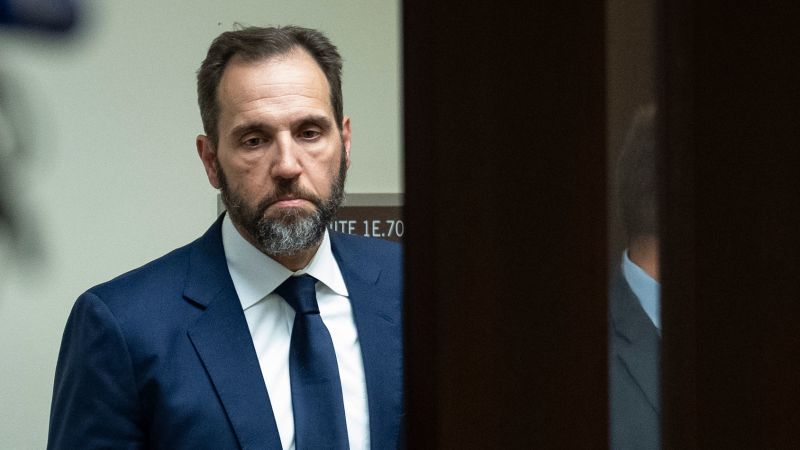Special counsel Jack Smith criticized Judge Aileen Cannon’s handling of the classified documents case against former President Donald Trump, stating that her understanding of the case had no basis in law or fact. Smith’s team expressed concern over Cannon’s request for jury instructions that supported Trump’s claims of authority to retain classified documents and stated they would seek appeals court review if she accepted his arguments. Cannon had asked for briefs on potential jury instructions defining terms of the Espionage Act, under which Trump is charged for mishandling 32 classified records.
Cannon asked for two versions of proposed jury instructions, one assessing whether Trump’s retained records were classified as personal or presidential based on the Presidential Records Act and the other assuming Trump had complete authority to take any records he wanted. Smith’s team argued that both scenarios were flawed and distorted the trial and that prompt appellate review should be allowed if the latter instruction were to be instituted. Trump’s defense attorneys claimed he was authorized by the PRA to possess personal records and challenged Smith’s ability to prove that Trump kept the documents knowingly against the law.
Prosecutors stated that the PRA was not relevant to the charges against Trump as the conduct in question occurred after his presidency. They alleged that Trump’s claim to have deemed the records personal was fiction and originated after the National Archives retrieved classified information from Mar-a-Lago. Investigators found no evidence that Trump designated the relevant records as personal when he left office, and his idea of having such power came months later from a conservative legal organization leader. Cannon, while skeptical about dismissing the charges, acknowledged Trump’s attorneys’ arguments and stated they may be appropriate for a trial jury.
Cannon has not made an official ruling on the request to dismiss the case, indicating that she is still considering how the Presidential Records Act fits into the broader case. Trump’s defense attorneys proposed jury instructions that supported his authority to possess personal records and argued against factual scenarios that would foreclose prosecution of the former president. Prosecutors’ filings highlighted evidence about Trump’s record-keeping habits during his presidency, noting that he did not classify the relevant documents as personal upon leaving the White House. The judge’s request for hypothetical jury instructions suggests that she is still deliberating on the case.


